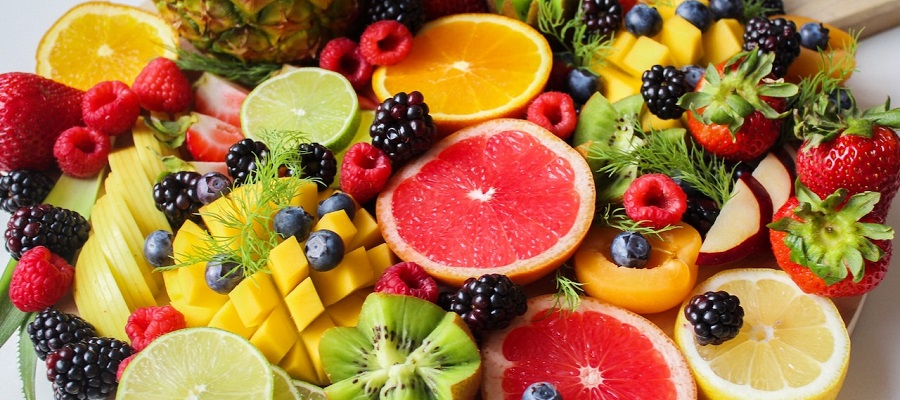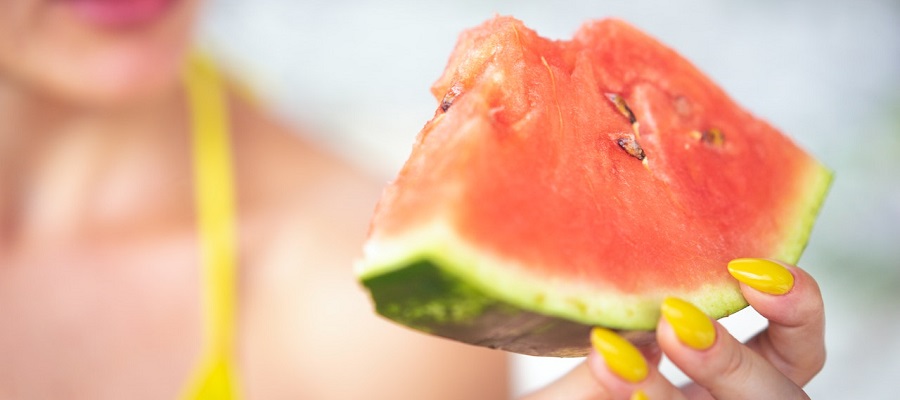The alkaline diet is a popular diet that has gained a lot of attention in recent years. It is based on the idea that certain foods can affect the pH balance of the body, and that by eating a diet that is high in alkaline foods, you can improve your health and prevent disease.
How Does the Alkaline Diet Work?
The alkaline diet is based on the idea that the pH balance of the body can be affected by the foods we eat. The pH scale ranges from 0 to 14, with 7 being neutral. Anything below 7 is considered acidic, and anything above 7 is considered alkaline. The theory behind the alkaline diet is that by eating a diet that is high in alkaline foods, you can help to balance the pH of your body, which can improve your health and prevent disease.
What Foods are Allowed on the Alkaline Diet?
Alkaline Foods
Some of the most alkaline foods include:
- Leafy greens, such as spinach, kale, and collard greens
- Vegetables, such as broccoli, cauliflower, and cabbage
- Fruits, such as lemons, limes, and grapefruit
- Nuts and seeds, such as almonds and chia seeds
- Herbs and spices, such as ginger and turmeric
Acidic Foods
Some of the most acidic foods include:
- Meat, such as beef, pork, and chicken
- Dairy products, such as milk, cheese, and yogurt
- Processed foods, such as chips and cookies
- Sugar and artificial sweeteners
- Caffeine and alcohol
Benefits of the Alkaline Diet
There are many potential benefits of the alkaline diet, including:
- Improved digestion
- Increased energy levels
- Reduced inflammation
- Improved immune function
- Reduced risk of chronic disease
Conclusion
The alkaline diet is a popular diet that is based on the idea that certain foods can affect the pH balance of the body. By eating a diet that is high in alkaline foods, you can help to balance the pH of your body, which can improve your health and prevent disease. Some of the most alkaline foods include leafy greens, vegetables, fruits, nuts and seeds, and herbs and spices. Some of the most acidic foods include meat, dairy products, processed foods, sugar and artificial sweeteners, and caffeine and alcohol. There are many potential benefits of the alkaline diet, including improved digestion, increased energy levels, reduced inflammation, improved immune function, and reduced risk of chronic disease.
Benefits of the Alkaline Diet
The alkaline diet is a popular diet that focuses on consuming foods that are alkaline in nature. The diet is based on the idea that consuming alkaline foods can help balance the pH levels in the body, which can lead to a number of health benefits. Here are some of the benefits of the alkaline diet:
Improved Digestion
One of the main benefits of the alkaline diet is improved digestion. The diet is rich in fruits, vegetables, and other alkaline foods that are high in fiber. This can help promote regular bowel movements and prevent constipation. Additionally, the alkaline diet can help reduce the risk of developing digestive disorders such as acid reflux, ulcers, and irritable bowel syndrome.
Increased Energy Levels
The alkaline diet can also help increase energy levels. The diet is rich in fruits and vegetables, which are high in vitamins and minerals that are essential for energy production. Additionally, the alkaline diet can help reduce inflammation in the body, which can lead to increased energy levels and improved overall health.
Reduced Inflammation
The alkaline diet is also known for its anti-inflammatory properties. The diet is rich in fruits, vegetables, and other alkaline foods that are high in antioxidants. These antioxidants can help reduce inflammation in the body, which can lead to a number of health benefits. For example, reducing inflammation can help reduce the risk of developing chronic diseases such as heart disease, diabetes, and cancer.
Weight Loss
The alkaline diet can also help with weight loss. The diet is low in processed foods, sugar, and other unhealthy foods that can contribute to weight gain. Additionally, the diet is rich in fruits and vegetables, which are low in calories and high in fiber. This can help promote feelings of fullness and reduce overall calorie intake, which can lead to weight loss over time.
Alkaline Foods
Alkaline foods are those that have a pH level above 7.0. These foods are believed to help balance the body's pH levels, which can have a positive impact on overall health. Here are some of the best alkaline foods to include in your diet:
Vegetables
Vegetables are some of the best alkaline foods you can eat. They are packed with vitamins, minerals, and fiber, and they can help keep your body in an alkaline state. Some of the best alkaline vegetables include:
- Spinach
- Kale
- Broccoli
- Cucumber
- Avocado
- Green beans
Fruits

Fruits are another great source of alkaline foods. They are also packed with vitamins, minerals, and fiber, and they can help keep your body in an alkaline state. Some of the best alkaline fruits include:
- Lemons
- Limes
- Grapefruit
- Watermelon
- Tomatoes
- Apples
Nuts and Seeds
Nuts and seeds are a great source of healthy fats, protein, and fiber. They are also alkaline foods, which can help balance your body's pH levels. Some of the best alkaline nuts and seeds include:
- Almonds
- Chia seeds
- Flax seeds
- Pumpkin seeds
- Sesame seeds
- Walnuts
Herbs and Spices
Herbs and spices are a great way to add flavor to your meals without adding extra calories or unhealthy ingredients. They are also alkaline foods, which can help balance your body's pH levels. Some of the best alkaline herbs and spices include:
- Basil
- Cilantro
- Ginger
- Turmeric
- Garlic
- Cayenne pepper
Acidic Foods to Avoid
Acidic foods can cause a variety of health problems, including acid reflux, heartburn, and other digestive issues. If you're looking to improve your health and avoid these problems, it's important to know which foods to avoid. Here are some of the most acidic foods you should stay away from:
Processed Foods
Processed foods are often high in acid, as they contain a lot of preservatives and additives. These foods can be difficult for your body to digest, and can cause a variety of health problems. Some of the most acidic processed foods include:
- Soda
- Candy
- Chips
- Cookies
- Cakes
Meat and Dairy Products
Meat and dairy products are also high in acid, as they contain a lot of protein. While protein is important for your body, too much of it can be harmful. Some of the most acidic meat and dairy products include:
- Beef
- Pork
- Chicken
- Cheese
- Butter
Caffeine and Alcohol
Caffeine and alcohol are both highly acidic, and can cause a variety of health problems. While it's okay to consume these substances in moderation, too much of them can be harmful. Some of the most acidic caffeine and alcohol products include:
- Coffee
- Tea
- Soda
- Beer
- Wine
How to Follow the Alkaline Diet
The alkaline diet is a popular diet that focuses on consuming foods that are alkaline in nature. The idea behind this diet is that consuming alkaline foods can help balance the pH levels in the body, which can lead to better health and well-being. If you are interested in following the alkaline diet, here are some tips to help you get started:
Gradual Transition
One of the most important things to keep in mind when starting the alkaline diet is to make a gradual transition. This means that you should not try to change your entire diet overnight. Instead, start by making small changes to your diet and gradually increase the amount of alkaline foods you consume.
For example, you can start by adding more fruits and vegetables to your diet. These foods are naturally alkaline and can help balance the pH levels in your body. You can also start by reducing your intake of acidic foods, such as processed foods, dairy products, and meat.
Meal Planning
Meal planning is an important part of following the alkaline diet. This means that you should plan your meals in advance and make sure that they are balanced and contain a variety of alkaline foods.
When planning your meals, focus on consuming a variety of fruits and vegetables, whole grains, nuts, and seeds. You can also include alkaline water and herbal teas in your diet to help balance your pH levels.
Supplements
In addition to following a balanced diet, you may also want to consider taking supplements to help support your alkaline diet. Some supplements that can be beneficial for the alkaline diet include:


